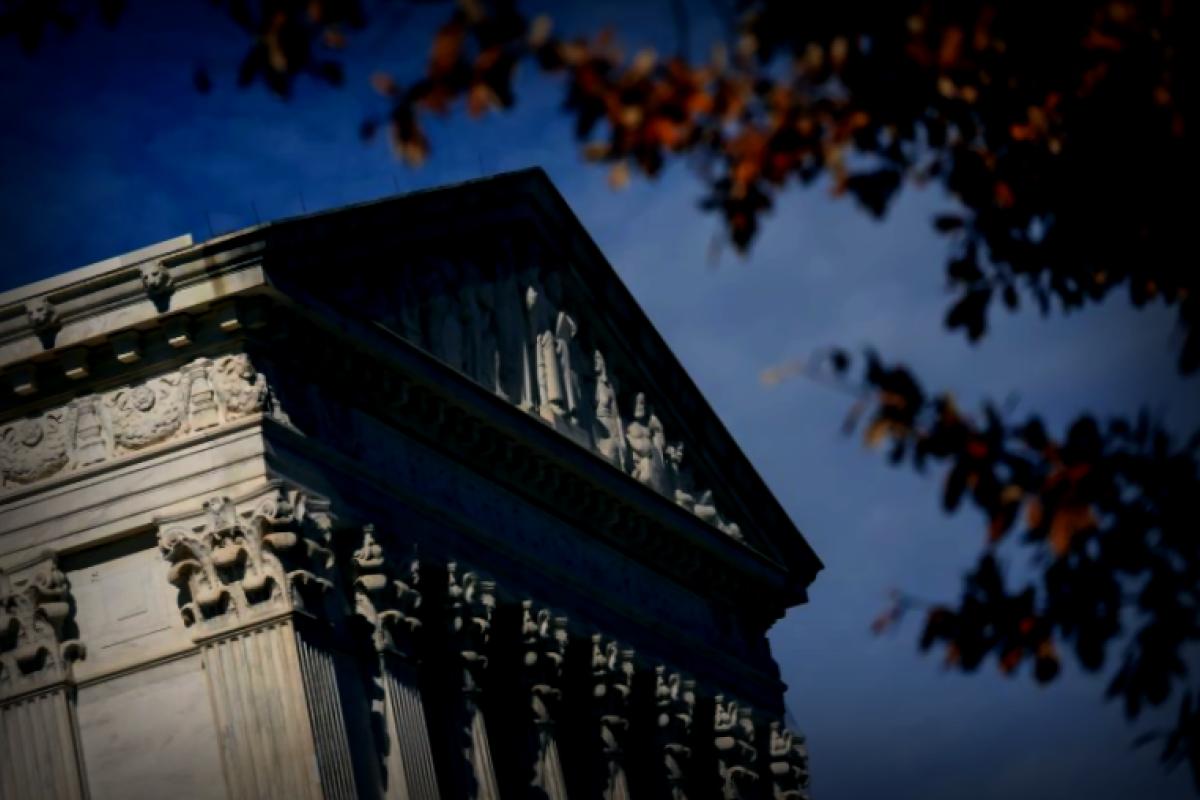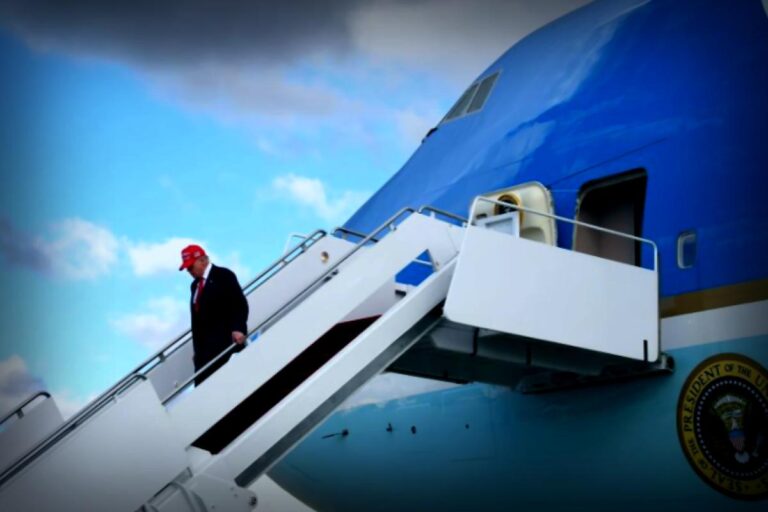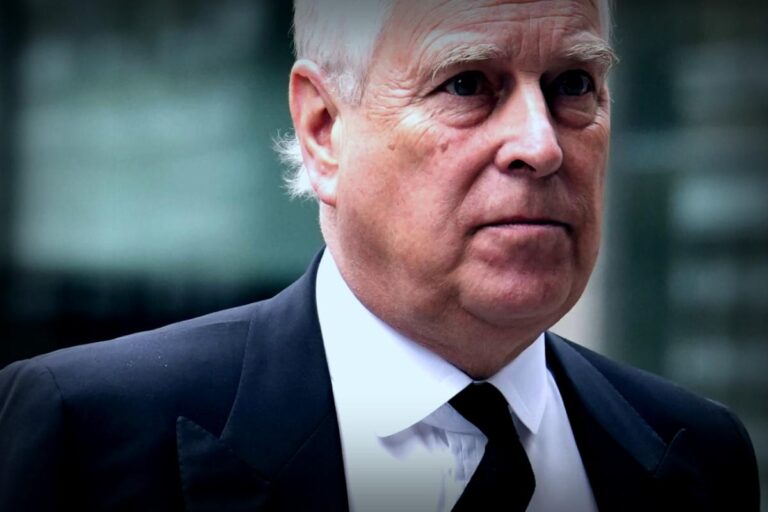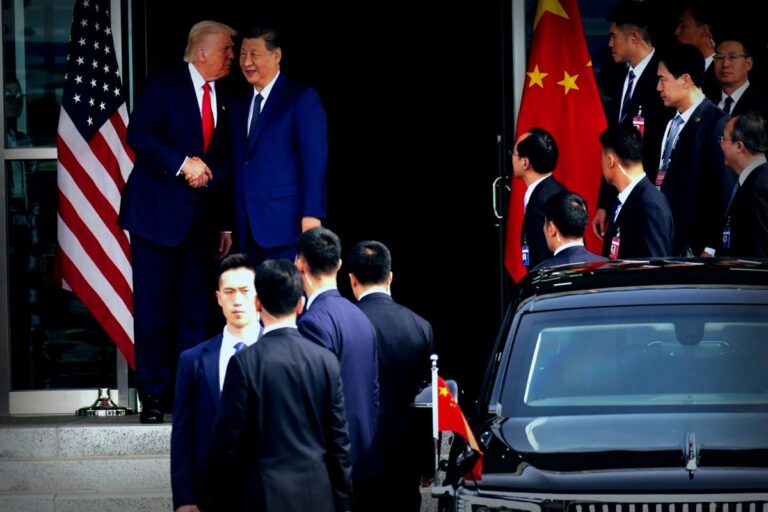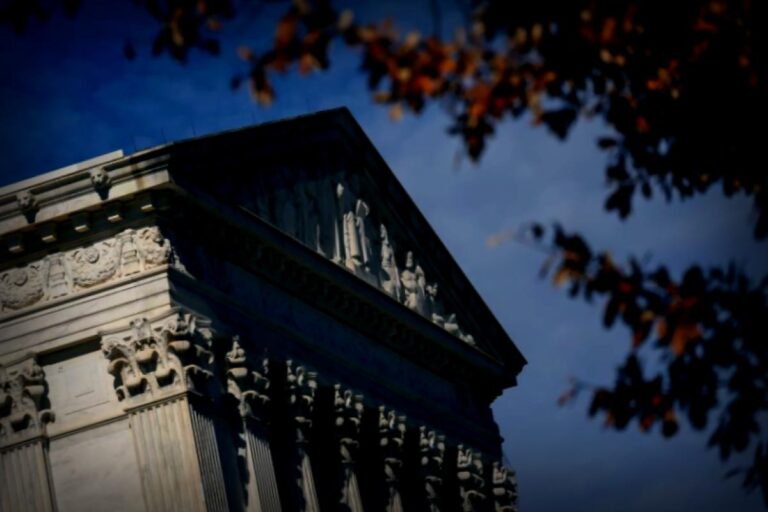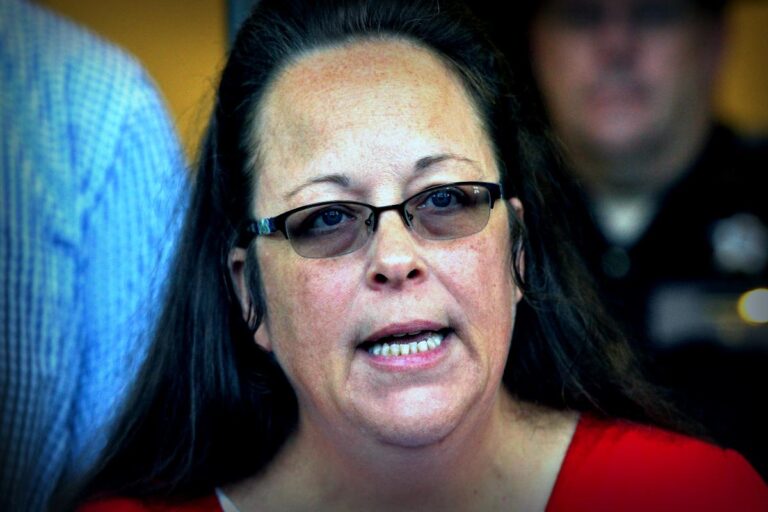On Friday, Justice Ketanji Brown Jackson made a notable move by pausing a lower court’s decision that mandated the Trump administration to deliver full food stamp benefits to tens of millions of Americans in November. This decision comes amid a short-term legal clash that is becoming a key point of contention during the current government shutdown.
With this ruling, the US Department of Agriculture is relieved from the immediate obligation to provide $4 billion to support essential food programs. Although this decision is temporary, it poses potential risks to the support network for millions relying on the Supplemental Nutrition Assistance Program, better known as SNAP.
While this stay doesn’t settle the broader legal issues involved, it gives an appeals court the time to assess the case further. Jackson’s temporary decision aims to allow more space for judicial review without affecting beneficiaries right away.
Jackson has been assigned to manage emergency appeals from the 1st US Circuit Court of Appeals.
The discord over food stamps highlights a major pain point during this unusually long government shutdown, as it directly impacts food assistance for around 42 million Americans, making it a tangible issue in this political impasse.
The Background of the Dispute
Shortly before the Supreme Court’s intervention, the Trump administration had urgently requested the justices to step in, right after the USDA informed states it was preparing to follow the court’s order issued by US District Judge John McConnell in Rhode Island.
As the legal situation unfolded, several states acted quickly in anticipation of full SNAP funding for their residents, which led to complications. For instance, Wisconsin aimed to distribute full benefits to its residents, but the USDA turned down the request due to a lack of time to comply with earlier rulings. This resulted in financial hiccups worth millions for the state.
Kansas also proceeded with issuing benefits to around 86,000 households, creating further issues for states opting for slower approaches.
Kansas Governor, Laura Kelly, issued a statement responding to the recent developments. She noted that Kansas had complied with the court order to distribute full SNAP benefits to struggling households, primarily comprising children and seniors.
Similarly, Governor of Pennsylvania, Josh Shapiro, announced that residents would start witnessing their complete benefits by the end of the day, following the court’s instructions.
States across the board are eager to normalize benefit distributions, anticipating that reforms could align with social worker efforts, but the situation remains fraught with unpredictability.
This saga started last month when food payments were halted as a consequence of budgetary uncertainties. Prompt lawsuits have managed to revive federal scrutiny on how funds are allocated, especially catering to SNAP’s critical role in food assistance.
Judge McConnell announced that the government failed to act promptly to issue benefits, asserting that the delay further jeopardized the well-being of many individuals relying on such support.
According to him, prolonging these payments would remain unacceptable as many have gone without assistance for far too long.
He ruled that the government must utilize alternative funds, indicating that unspent revenues, initially allocated to child nutrition initiatives, should backfill claims for full benefits.
This report has been amended to include the latest updates.
To continue following the developments around SNAP benefits and their broader implications, check back regularly.





